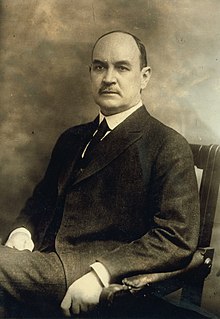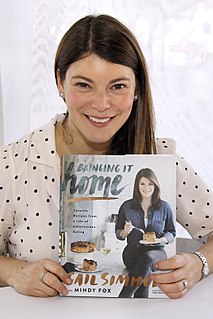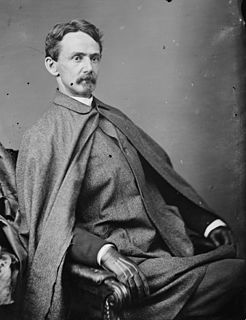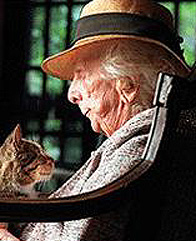A Quote by David F. Houston
The older, thinner, and less productive grass lands, however, frequently can be made to produce much larger yields of feed in corn than if left, as they are, in unproductive grass.
Related Quotes
In New England they once thought blackbirds useless, and mischievous to the corn. They made efforts to destroy them. The consequence was, the blackbirds were diminished; but a kind of worm, which devoured their grass, and which the blackbirds used to feed on, increased prodigiously; then, finding their loss in grass much greater than their saving in corn, they wished again for their blackbirds.
First and foremost, you have to remember that restaurants are businesses and they have to stay in business. And though everyone thinks they want grass fed beef, most people actually prefer the taste of corn fed - it is less dry, more marbled, and less gamey, not to mention much less expensive than grass fed.
First and foremost, you have to remember that restaurants are businesses and they have to stay in business. And though everyone thinks they want grass fed beef, most people actually prefer the taste of corn fed - it is less dry, more marbled, and less gamey, not to mention much less expensive than grass fed.
Animals raised on corn produce fattier meat, but it's not just that it's fattier, it's the kinds of fats. Corn-fed beef produces lots of saturated fats. So that the heart disease we associate with eating meat is really a problem with corn-fed meat. If you eat grass-fed beef, it has much more of the nutritional profile of the wild meat.
Grass is the forgiveness of nature-her constant benediction. Fields trampled with battle, saturated with blood, torn with the ruts of cannon, grow green again with grass and carnage is forgotten. Streets abandoned by traffic become grass-grown, like rural lanes and are obliterated. Forests decay, harvests perish, flowers vanish, but grass is immortal.
A cow out on grass is just an incredible thing to behold... Cows and other ruminants can do things we just can't do. They have the most highly evolved digestive organ on the planet, called the rumen. And the rumen can digest grass. It takes grass, cellulose in grass, and turns it into protein, very nutritious protein. We can't do that.
There's a lot of research that suggests that organic yields are close or superior to conventional yields depending on factors like climate. In a drought year an organic field of corn will yield more - considerably more - than a conventional field; organic fields hold moisture better so they don't need as much water. It simply isn't true that organic yields are lower than conventional yields.



























